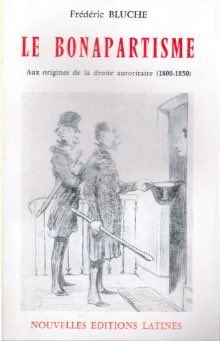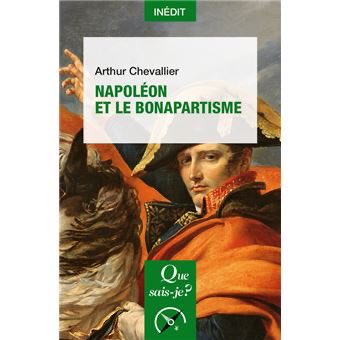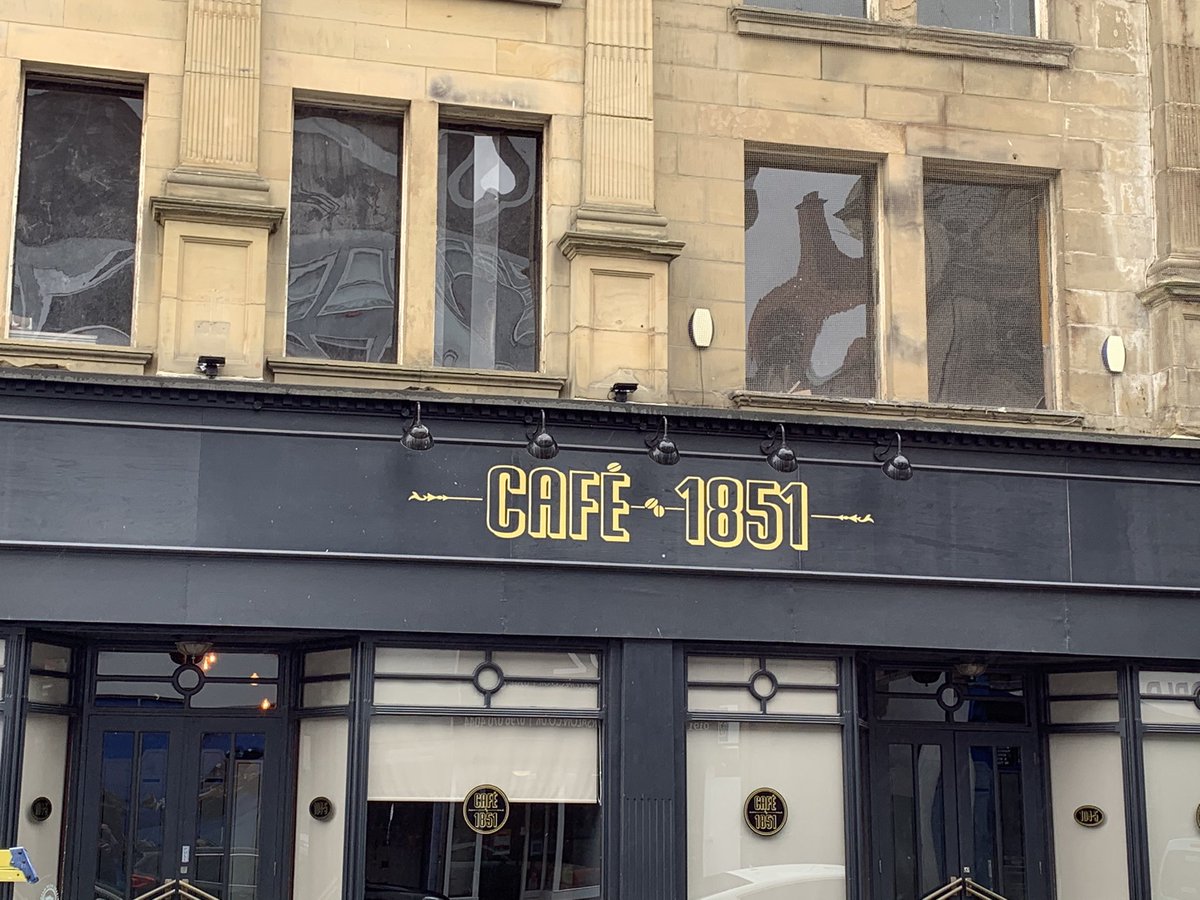One of the biggest things I’ve taken from this past week:
there are a lot of people who should do some reading around the specific political and historic meaning of the term “Bonapartist” before they use it.
there are a lot of people who should do some reading around the specific political and historic meaning of the term “Bonapartist” before they use it.
In English, work by Hazareesingh is always a good starting point - “The Legend of Napoleon”, as ever, but also this article from French History: https://doi.org/10.1093/fh/18.4.463">https://doi.org/10.1093/f...
And this, from MLN is also v good on liberal admiration/opposition: https://www.jstor.org/stable/3840656?seq=1">https://www.jstor.org/stable/38...
In French, Frédéric Bluche’s book is quite old now (and some findings ably teased apart by Hazareesingh) but still interesting in political distinction between “Napoleonism” and “Bonapartism”
There is also a Bluche “Que sais-je?” on Bonapartism and a newer book by Arthur Chevallier in the same series (pocket introductions to subjects):
And I like how Simon Bainbridge’s chapter “Battling Bonaparte after Waterloo”, on the popular culture of Napoleon in Britain and the “Napoleon bust business”, explains the distinction between cultural icon and political inspiration.
He has some good stuff on Waterloo re-enactments, toy theatres, and the ubiquitous busts, pointing out how their use in “The Six Napoleons” was not intended as a sign of political conviction but because of the frequency with which they turned up in middle-class homes.
And, sod it, if you read chapter 6 of my book I explain why committed republican satirists could attack the nephew and feared Bonapartism while admiring the uncle. (And I have another article on this sitting in a folder waiting to be finished.)
This thread has been brought to you by too many instances of seeing and hearing phrases like “Bonapartist nostalgia” or calling people “Bonapartists” when the label either doesn’t quite fit or there’s no understanding of its meaning.

 Read on Twitter
Read on Twitter




